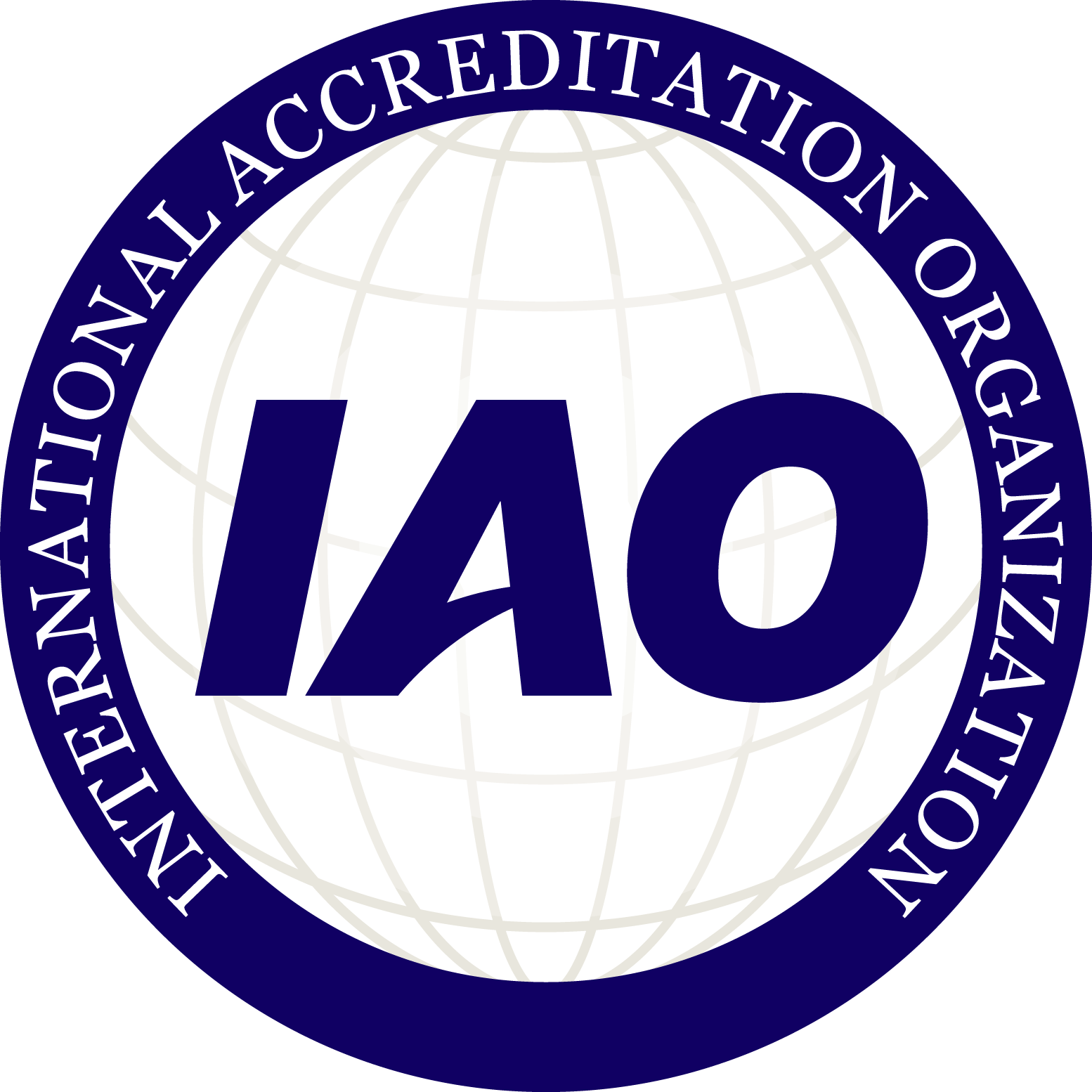We offer comprehensive education programs that prepare students for rewarding careers in the field of pedagogy...
Doctor of Philosophy in Education.
Academic calendar
- With distance learning classes.
- Course start: Immediate.
Information
- Program: PhD
- Location: Orlando, FL - USA
- Credits: 160
- Workload: 2400 h
- Thesis is submitted and analyzed remotely.
- Duration: 48 months.
Diploma:
American title: Doctor of Philosophy in Education.
Final paper:
Thesis
Curriculum Grid:
M01 - COMMUNICATION AND LANGUAGE THE LITERACY PROCESS
- Unit 1 - Essential Concepts in the Study of Language
- Unit 2 - Grammatical Particularities
- Unit 3 - The text in its oral and written forms
- Unit 4 - Production and interpretation of texts
M02 - HISTORY OF EDUCATION
Unit 1 - Conceptual foundations and the origins of education History of Education
Unit 2 - Education from the Middle East to the Middle Ages
Unit 3 - History of the University and Modern Education
Unit 4 - History of Brazilian Education
M03 - FOUNDATIONS OF EDUCATION
- Unit 1 - Education: conception and public policies
Unit 2 - Pedagogy, education and culture
Unit 3 - Pedagogy and the educational market
Unit 4 - Historical aspects and trends in education
M04 - DISTANCE EDUCATION AND NEW TEACHING METHODS
- Unit 1 - History and evolution from face-to-face to hybrid teaching
- Unit 2 - Distance learning platforms and content management
- Unit 3 - Content design and teaching resources
- Unit 4 - Tutoring, challenges and trends in distance education
M04 - DISTANCE EDUCATION AND NEW TEACHING METHODS
- Unit 1 - History and evolution from face-to-face to hybrid teaching
- Unit 2 - Distance learning platforms and content management
- Unit 3 - Content design and teaching resources
- Unit 4 - Tutoring, challenges and trends in distance education
M05 - PSYCHOLOGY OF LEARNING
- Unit 1 - Foundations of psychology
- Unit 2 - Psychopedagogy
- Unit 3 - Development of the human psyche
- Unit 4 - Development and learning
M06 - NEUROPSYCHOMOTOR DEVELOPMENT AND LEARNING
- Unit 1 - Children's motor development
- Unit 2 - Locomotion, balance and neuropsychomotor problems in children
- Unit 3 - Neuropsychomotor development in children and adolescents
- Unit 4 - Motor learning
M07 - LANGUAGE AND WRITING ACQUISITION PROCESSES
- Unit 1 - How does language acquisition work?
- Unit 2 - production and interpretation of texts in basic education
- Unit 3 - production and interpretation of texts in the EJA and for the PNE
- Unit 4 - acquisition, development and disorders of written language
M08 - LITERACY AND LITERACY
- Unit 1 - Literacy and literacy: a general approach
- Unit 2 - Acquisition of written language in literacy
- Unit 3 - The literacy process
- Unit 4 - Playfulness and technologies in literacy and literacy
M09 - ACTIVE METHODOLOGIES
- Unit 1 - Active methodologies and education 4.0
- Unit 2 - Problem- and project-based learning
- Unit 3 - Adaptive teaching and gamification of learning
- Unit 4 - Inverted classroom and design thinking
M10 - NEUROSCIENCES AND PEDAGOGICAL PRACTICES - GAMES, PLAY AND DIDACTICS APPLIED TO NEUROEDUCATION
- Unit 1 - History and foundations of playfulness
- Unit 2 - Playfulness, culture and education
- Unit 3 - Games and play in early childhood education
- Unit 4 - Playful techniques for teaching and learning
M11 - NEUROEDUCATION AND EDUCATIONAL TECHNOLOGIES
- Unit 1 - Education and technology
- Unit 2 - Educational technologies and the teacher
- Unit 3 - Neuroeducation in school and learning
- Unit 4 - Neuroeducation and physical and mental disorders
M12 - TUTORING IN EAD
- Unit 1 - Fundamentals of tutoring in distance learning
- Unit 2 - The various types of tutoring
- Unit 3 - Tutor competences, skills and attitudes
- Unit 4 - Virtual tutoring activities
M14 - ORGANIZATION OF PEDAGOGICAL WORK IN EARLY CHILDHOOD EDUCATION
- Unit 1 - History, policies and curriculum of early childhood education
- Unit 2 - Stages of child development
- Unit 3 - Didactics, curriculum and assessment in early childhood education.
- Unit 4 - Organization of work in early childhood education
M15 - CURRICULA AND PEDAGOGICAL PROJECTS
- Unit 1 - Curriculum, BNCC, professional and higher education
- Unit 2 - Curriculum: types and concepts
- Unit 3 - Competency-based curricula and itineraries
- Unit 4 - Pedagogical projects
M16 - ASSESSMENT - THEORY AND PRACTICE
- Unit 1 - Assessment: history and reflections
- Unit 2 - Assessment: concepts and trends
- Unit 3 - Assessment from the perspective of management and the PPP
- Unit 4 - Assessment in practice
M17 - COMMON NATIONAL CURRICULUM
- Unit 1 - History and legal precepts of the BNCC
- Unit 2 - The BNCC and early childhood education
- Unit 3 - The BNCC and primary education
- Unit 4 - The BNCC and the new secondary education
M18 - PUBLIC POLICIES AND EDUCATION
- Unit 1 - The Brazilian education system
- Unit 2 - Legal bases of education
- Unit 3 - Organization of the Brazilian education system
- Unit 4 - Financing national education
M19 - THESIS PROJECT
- Unit 1 - Scientific initiation
- Unit 2 - Reading, summarizing and fiching techniques
- Unit 3 - Research projects
- Unit 4 - Scientific papers and ABNT standards
TEACHER TRAINING
- 1 - TEACHER TRAINING
ASSESSMENT: THEORY AND PRACTICE
ORGANIZATION AND LEGISLATION OF EDUCATION
EDUCATIONAL MANAGEMENT
INCLUSIVE EDUCATION
DISTANCE EDUCATION MANAGEMENT
DISTANCE EDUCATION AND NEW TEACHING METHODS - 2 - SPECIAL EDUCATION
COGNITIVE LEARNING PROCESSES
PSYCHOLOGY OF LEARNING
LEARNING DISORDERS
AUTISM SPECTRUM DISORDER
INCLUSIVE EDUCATION
INTERDISCIPLINARY WORK AND NEUROEDUCATION - 3 - TECHNOLOGIES IN EDUCATION
EDUCATION AND TECHNOLOGIES
MANAGEMENT OF INFORMATION AND COMMUNICATION TECHNOLOGIES
INTRODUCTION TO EAD
DISTANCE EDUCATION AND NEW TEACHING METHODS
CONTENT PRODUCTION FOR EAD
HUMAN-COMPUTER INTERFACE


 PT
PT  EN
EN .jpg)






